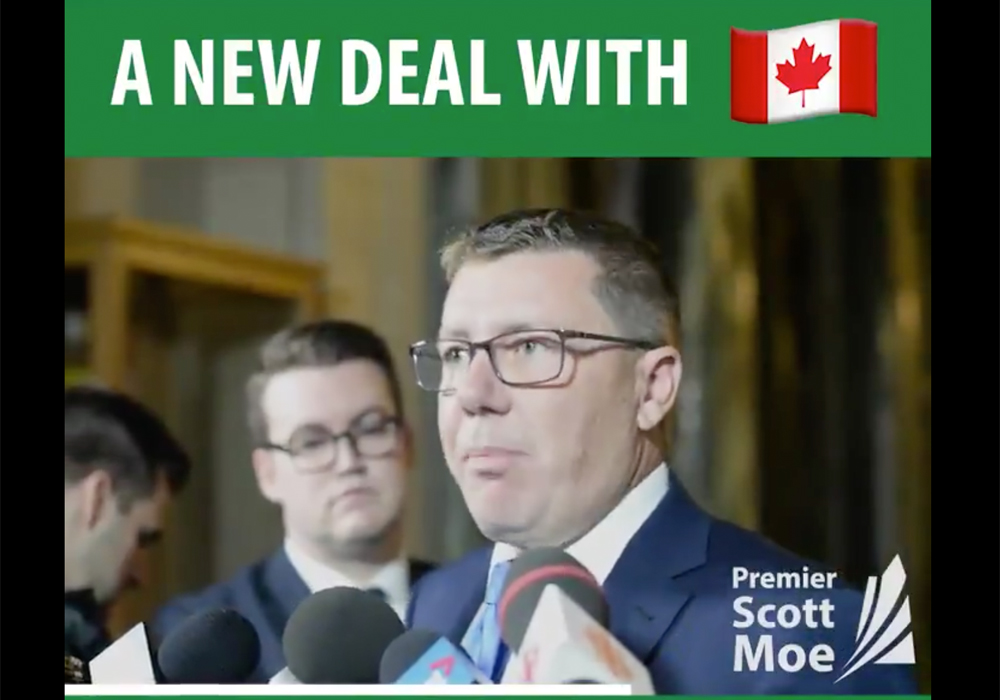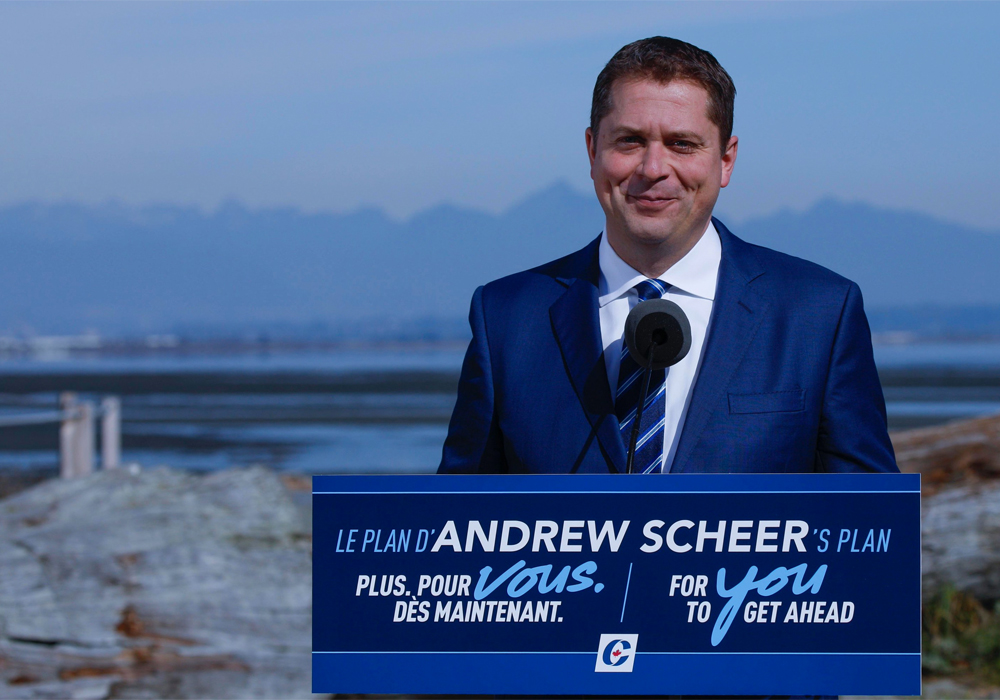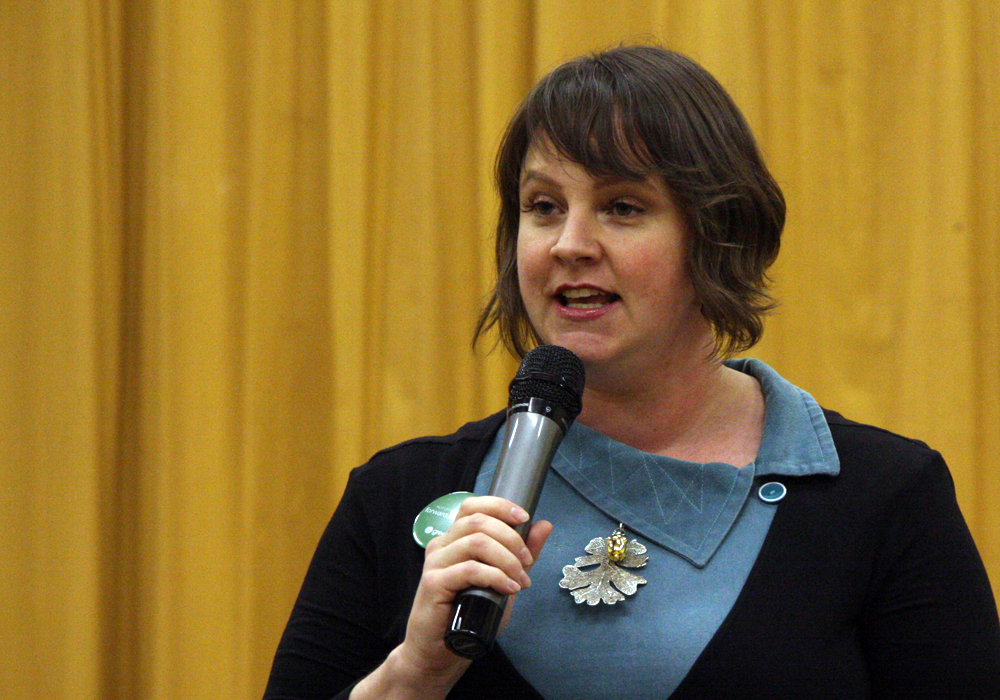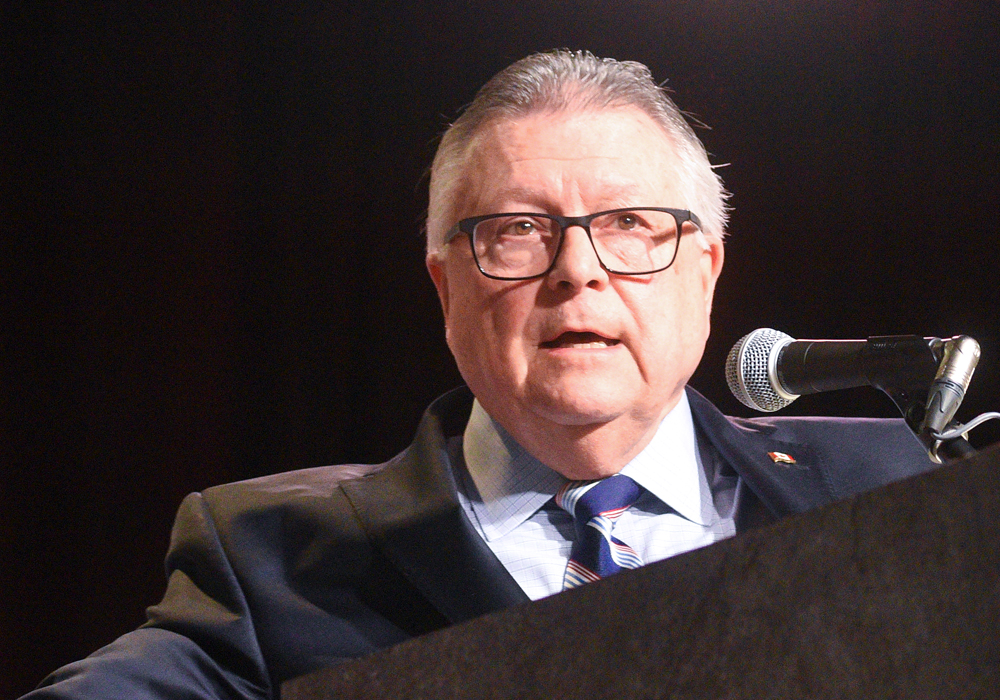WINNIPEG Oct. 23 (MarketsFarm) – Conservatives have remained up in arms over Monday’s federal election results, which saw the federal Conservative Party dominate Western Canada, especially the Prairies. And that includes drawing the ire of Alberta Premier Jason Kenny and Saskatchewan Premier Scott Moe.
Of the country’s 338 federal constituencies, 104 are in Western Canada. The Conservatives won 71 seats with the Liberals and New Democrats taking 15 each. The Greens came away with two and one independent was elected. In the 2015 election, the Conservatives won 54 seats, the Liberals 29, the NDP 20 and the Greens one.
Read Also
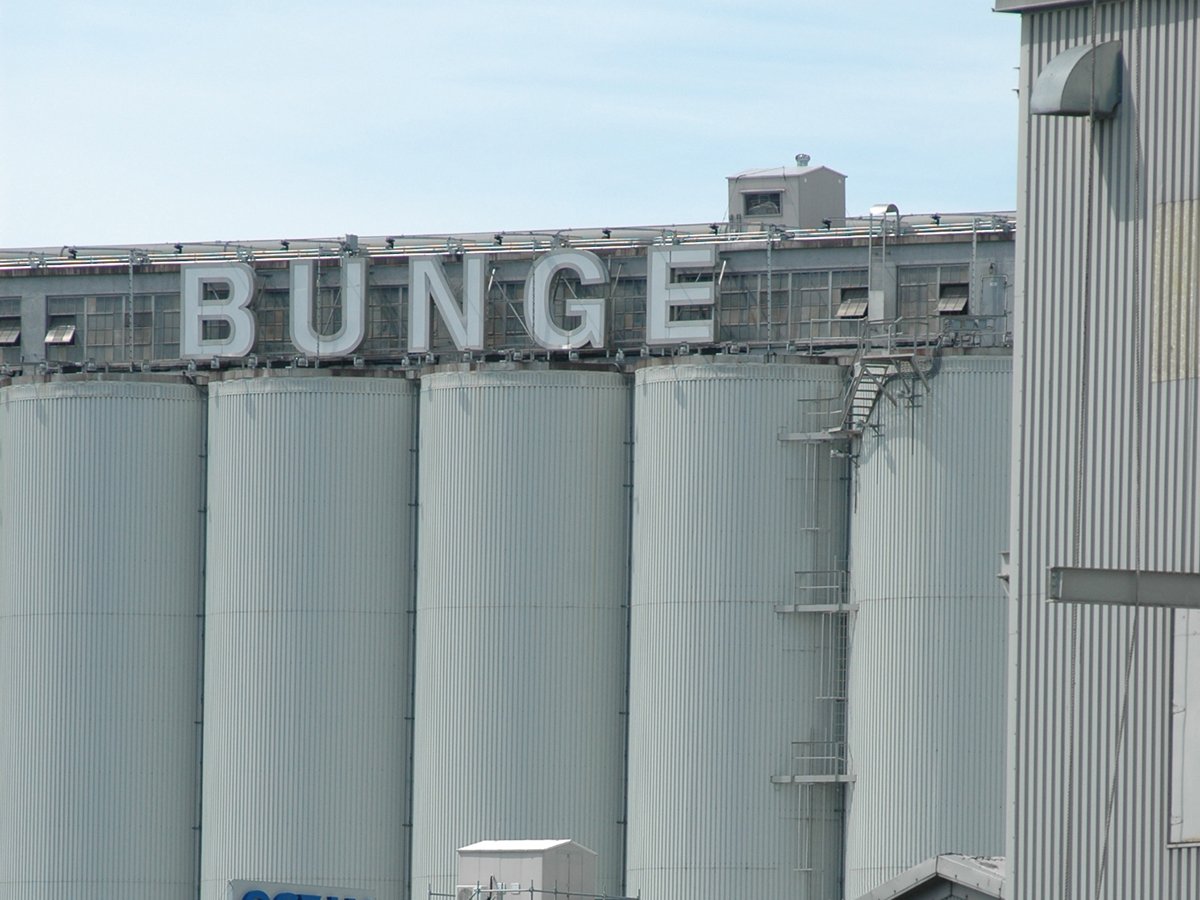
Bunge’s crop mix is changing
Bunge has predominantly been a soybean processing firm, but that’s about to change after the merger with Viterra with softseed processing and grain merchandising gaining ground.
In the months before the election, an abundance of anger was whipped up over the federal Liberals’ apparent lack of concern for the struggling oil industry. That played a major role in the Liberals losing their single seat in Saskatchewan and three in Alberta. The party received only 11.6 per cent of the ballots cast in Saskatchewan and 13.7 per cent in Alberta.
On Tuesday, Kenny stated the province has been, “blocked in, pinned down and even attacked within our own country for what we do to contribute to it,” according to the Canadian Press.
Moe called on Prime Minister Justin Trudeau to cancel the federal carbon tax, re-work the equalization formula, and build pipelines to export Canada’s oil, reported CTV.
After last night’s federal election, it is clear we need a New Deal with Canada. Read my statement here: pic.twitter.com/DsemIHN3qR
— Scott Moe (@PremierScottMoe) October 22, 2019
The outrage towards the Liberals has further increased sentiments towards western separatism. In turn that gave rise to Wexit – a play on Brexit, the movement in the United Kingdom to leave the European Union.
Yesterday, Manitoba Premier Brian Pallister told reporters that he’s disinterested in the chatter about western separation. Rather, Pallister stated he’s willing to work with the Trudeau government.
“Here in Manitoba, we’re solid Canadians loyal to the Canadian cause, and the cause right now would be supported, I think, by premiers working co-operatively with one another but also working co-operatively with the federal government,” Pallister commented.
The B.C. government indicated as well that it’s willing to work with the feds. In addition, the NDP/Green coalition continues to oppose the expansion of the Trans Mountain pipeline, something that deeply angered Alberta.
As the federal Liberals haven’t been a political force in the West for generations, that predicament intensified after they lost two senior cabinet ministers: Public Safety Minister Ralph Goodale from Saskatchewan and Natural Resources Minister Amarjeet Sohi from Alberta. However, five western cabinet ministers were re-elected with International Trade Diversification Minister Jim Carr in Manitoba and four others in British Columbia, including Defence Minister Harrjit Sajjan.
In the days following the election there hasn’t been any indication of Trudeau shuffling his cabinet. However, reports stated the PM was warned not to appoint Liberal senators from the West to cabinet as that could further intensify the situation.

